- Admissions
- Nurseryages 3-4
- Prep Schoolages 4-13
- Senior Schoolages 13-18
- Boarding
- International
- Forces families
- About Us
- Contact Us
There are many factors to think about when choosing a boarding school that will be right for your child and also works for your family life. Whether you’re familiar with boarding schools or not, every boarding school in the UK has similarities and differences. Of course, ensuring the boarding school you choose is safe and secure goes without saying but there are other things you have to think about when narrowing down your choice. There’s not a one size fits all model and deciding on which school may be best for your child will involve you weighing up all the options and really thinking about the pros and cons of each one. In this guide, we take a look at how you can go about choosing a boarding school and what important considerations you should think about.
Before you even sit down and start your search, it’s a good idea to work out exactly what you’re even looking for and what your non-negotiables are. The below considerations will help you during the research phase and when it comes to narrowing down your search and making a short list.
Location is a factor to think about when choosing the right boarding school. It may be important that the school isn’t too far away from close family members such as grandparents so your child can visit them at weekends or, maybe finding somewhere that has good transport links will be a factor.
If you’re sending your child to a school in a country that is different than your home, you may also want to research if there are airports nearby. If your child is travelling home on a long flight, having to spend an additional 4 or 5 hours in the car to the airport may not seem so appealing.
When thinking about location, you may also want to think about whether you want a boarding school in an urban, rural or semi-rural location. All three of which can be attractive propositions for different reasons however it’s important to choose the right environment that your child will learn and develop best in while also considering where your UK guardian lives will be a factor, should your child need one.
What type of boarding do you need? Some schools may only provide full boarding options while others are more flexible by offering choices such as flexi-boarding and occasional boarding. If you only require boarding during the week or at occasional points throughout the year, you’ll want to find a school that accommodates this. In that respect, when doing your search, you can narrow down your choices by eliminating any schools that don’t provide the options you’re after.
Size of school can have a big impact on learning outcomes both inside and outside the classroom. Small schools can offer individualised learning, a closer-knit community and students can thrive off having that bit of extra attention while larger schools may be more suited to those pupils who work better in a larger environment. The size of school that works best for your child will be dependent on factors such as their personality and how they learn in addition to whether they may need extra development support.
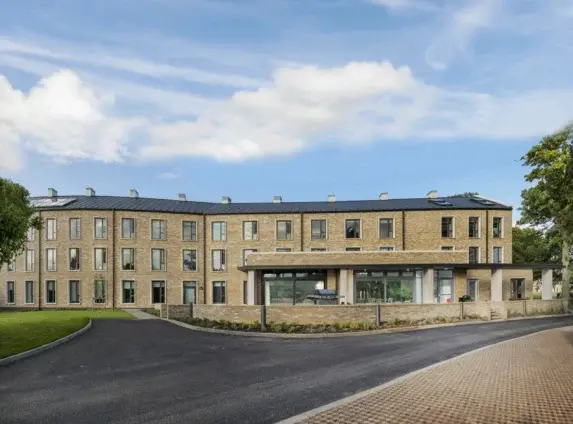
Sending your child to boarding school is invariably going to come at a price. While the benefits of boarding school and the education it can give your child is well worth sacrificing that new kitchen for a few years or having one less holiday per year, you’ll still want to work out what you can afford as a family. Working out your costs will help you have a better understanding of the type of boarding schools you can consider. There are opportunities to make savings though as some schools offer scholarships and bursaries so this is something you may want to look into.
If you work in the Forces, boarding schools can ensure your child has a stable education while you work away. Some schools offer discounts for Forces Families through the Continuity of Education Allowance (CEA). If this is something you think your family could benefit from and is important to you, when you do your research you may want to search for things like ‘CEA boarding schools,’ or get advice from relevant Federations.
Some boarding schools are single-sex while others are known as co-ed schools; that is they accommodate both boys and girls. Both have differences and the environment that works best for one child may not be suitable for your child. There has been research to suggest that there is little difference in academic achievements between the two types of school however some have argued that single-sex schools offer less distractions. On the other hands, some have suggested that there is more camaraderie in co-ed schools that those in single-sex schools may miss out on. In addition, being in a co-ed school may be healthier long-term as it mirrors more closely interactions in later life in the workplace.
When it comes to choosing a co-ed or single sex boarding school, remember that it mostly impacts academic learning. Even in a co-ed school, boarding houses will be separated by boys and girls however pupils may have the opportunity to mix during activities that take place during the weekends and evenings.
Know that some boarding schools accept boarders at different ages. While some schools may accept day pupils from Reception, boarding may only be available at the age of 7 (Prep School age); or 11 or 13 (Secondary School starting age). This is important as some schools may not even be possibilities for your family if they don’t accept the age your child is right now. It’s also important if you have multiple children of various ages that you are looking at sending to a boarding school. You may not want to split your children up or you may prefer for them to be in different environments.
Figuring out what is important to you and your family prior to researching schools can be beneficial as this will help refine your search and steer you towards what it is you’re looking for. Maybe you want to know that your child will have peers from the same home country, or it could be that a large international population at the school with a global outlook is also important. Other considerations to make include whether there is the opportunity to take part in specific extracurricular activities or the chance to study certain subjects.
Once you’ve decided what it is you’re after, you are going to want to conduct some extensive research and find the schools that can accommodate all your family’s needs. There are plenty of places you can refer to when conducting your research and at this point, you may want to research about 10 schools before making your shortlist. When it comes to researching and selecting a boarding school, don’t forget to include your child or children in the decision-making process. Ultimately, they will be far happier, more settled and engaged if they’re at a school that they had a part in choosing.
Directories and sites such as the Good Schools Guide are good places to start when looking for schools that fit your needs. Many sites provide a list of schools with additional information on the school such as where it is, whether it’s co-ed or single sex and a link to the school’s website. When conducting a search, some directories offer you the ability to filter results so if you know you want a school in the South-West that is mixed, you may have the option to refine your search.
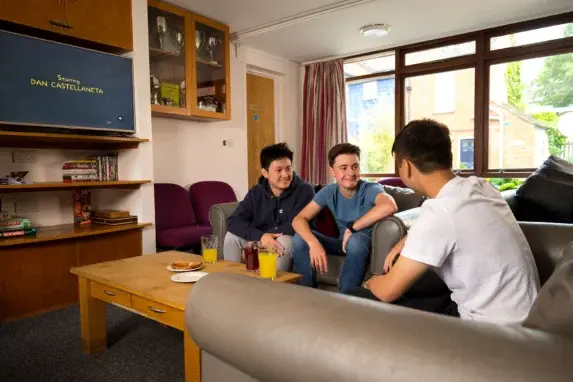
Search engines are by nature designed to be helpful. Over 3.5 billion searches happen per day on Google alone with users looking for answers to their problems and questions they may have. For this reason, when you are searching for schools, using search engines are a good place to start. There’s a tonne of information you can ascertain by conducting searches like ‘British boarding schools,’ or ‘boarding schools near London,’ or ‘best co-ed boarding schools,’ amongst other things. What you search for will entirely depend on what it is you’re after but there’s a lot of information to be gained from search engines and websites offering answers to your queries.
What better way is there to get information than talking to the school directly? Can’t find the information you’re looking for online? Ask the schools you are looking at to send over any additional resources that can support you in your research process.
Another way you can collect information about a school is by referring to their website and social media platforms such as Facebook, Twitter and Instagram. You may even want to sign up to the school’s email newsletter, if they have one. Looking at these channels can provide lots of information and give you a good idea on the school ethos and approach, results, what extra-curricular activities are available and what the boarding houses are like, amongst other things.
Top tip: make sure when researching schools, you look at their Aims, Vision and Values to find out what they are working towards and ultimately, whether you agree with them.
At the research stage, you may want to dig a bit deeper into the schools you are looking at to gain a better understanding of what they offer and what they are about. They say knowledge is power, and the more information you have about a school will lead you to making the best decision for your family and children.
As a parent, knowing your child is happy, secure and supported is likely to be at the forefront of your mind. You want to know that they have a comfortable place to go back to at the end of the day while ensuring that they have someone looking after their best interests even if they don’t necessarily have a problem. While academic performance is one measure of a school, it’s important to think about pastoral reputation and what emphasis is put on pupil welfare and wellbeing. See if the schools you are looking at offer anything additional to support the wellbeing of your child. At this point, you may also want to find out who is responsible for looking after your child should they have any issues.
Following on from the last point, finding out exactly who your child can turn to if they do have issues is important. Some schools offer varying levels of support. For example, at Wycliffe we have a Housemaster or Housemistress, Matron, House Tutors, Form Tutors, a Health Centre, School Counsellor, a Chaplain and a Deputy Head of Pastoral Care. We are proud to offer a wide network of support for our pupils however this may not be the case at every school you look at.
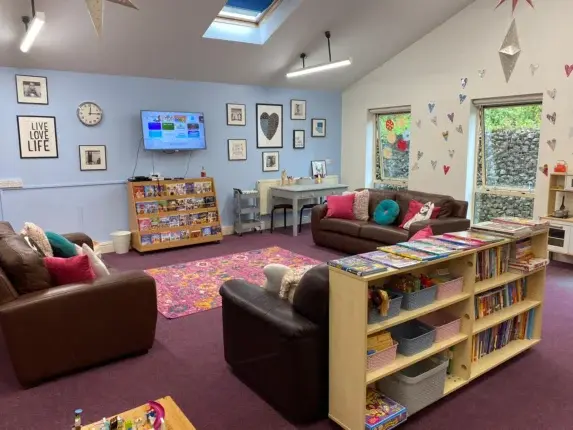
Researching how the house system works is important as you will want to understand how your child will integrate with others. Look at whether houses are split by year groups or whether they are split by houses and how many pupils are normally in one house. The advantages of a through house system is that there are older pupils to support and mentor the younger ones and there are possible leadership opportunities for the older ones too. If houses are split by age, find out if the younger pupils still get to interact with older pupils too. Knowing that your child has his or her sibling nearby may be important too, so find out whether siblings will be put in the same house at the schools you are researching.
Your child is going to spend the majority of their time living and learning on campus. For this reason, it’s vital to understand what the campus is like and what facilities the school offers. Research whether the campus is in a town or in the countryside, what transport links are there and what the on-campus facilities are like.
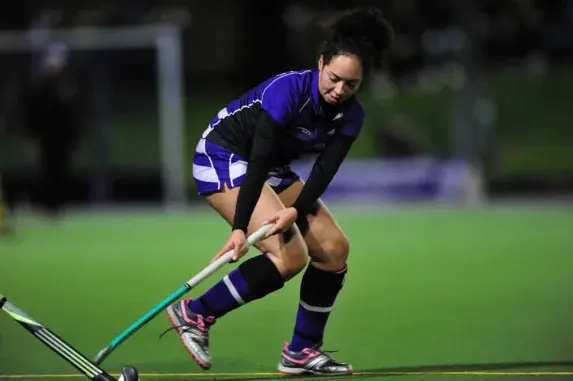
Find out what subjects are available for your child. Subjects may differ between at Prep School age and in the Senior School so find out whether there are similarities and differences. Research what GCSE options and A-level options there are to ensure your child can go down the path they are seeking. You may also want to look into what other Programmes of study are available such as BTECs, IGCSEs, the IB and EAL qualifications to ensure the school offers what you want.
Education doesn’t just consist of academia though. While some schools may be very much focused on traditional education, some schools may be more centred around developing pupils as a whole person so take time to look at the balance between work and extra-curricular, along with leadership opportunities.

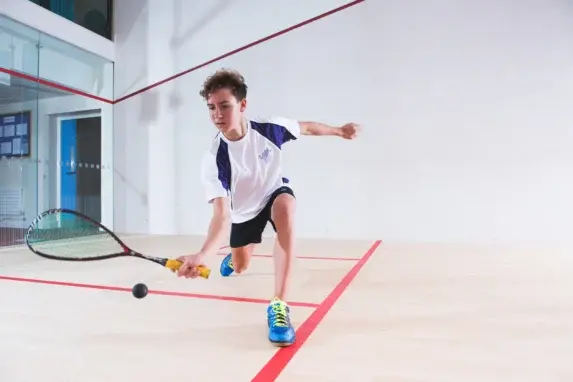
Many boarding schools in the UK offer pupils the opportunity to try new sports while some schools are designed to nurture talent in specific sports. Take Wycliffe for example; every pupil is encouraged and given the opportunity to participate in a range of sports such as Hockey, Swimming and Athletics however we have specialist coaches who offer sessions to individuals participating in sport at a regional or national level such as rowing. Different schools may offer various sporting opportunities while if your child excels at a particular sport, you may want to find out how the school can nurture that talent.
Sport isn’t the only type of extra-curricular activity to look at. Your child may have other talents or things they are interested in so researching the full scope of what is offered is important. Some schools may offer really good opportunities for pupils passionate about music and drama while others may give your child the opportunity to get involved in activities such as debating, gardening, eco-clubs and green car engineering.
Take a look at the broad range of extra-curricular activities Wycliffe offer in our prep school.
Going to a UK boarding school can be daunting if English isn’t your first language. If you’re an international family, looking at what steps a school takes in order to support international pupils may be of high importance to you. Take the time to research what study options are available and whether your child can participate in English Language Support sessions. Some schools may offer a one year development course to help them prepare to sit their GCSEs or A Levels too.
You may also want to find out how international pupils are integrated into the House System and what happens on arrival to England – can the school make arrangements to pick children up from the airport for example?
Wycliffe offer extensive support for pupils who are not native to the UK. Find out about boarding at Wycliffe for international pupils.
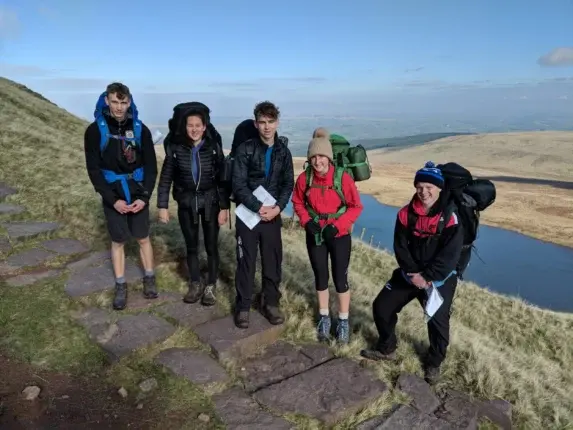
Knowing what goes on during the evenings and weekends is important too. Do children have free reign to do whatever they please or is there a strict routine that they have to follow? Are there opportunities to go on day trips or expeditions at the weekend and are there set times in which children can communicate with their family and friends? These are just some of the questions you can ask of a school when finding the perfect fit.
Credentials are important as you want to ensure the education your child is receiving is decent. Refer to recent Ofsted reports and GCSE/A Level results but be aware these aren’t the only type of results to look at. While being top of league tables is one thing, every child is different and progress can come in many forms. This is where you may want to look at how else a school can actually help your child reach their full potential – whether that be achieving an A* or a C grade. Some schools offer value-added measurement as an indicator of academic performance so it’s worthwhile looking at this.

Once you’ve researched all the schools in-depth, you’ll want to make a shortlist of between 3-5 schools. This shortlist is the schools that fit your criteria and will be best suited to your family life and child. Once you’ve made your shortlist, you will want to arrange to visit the schools.
You want to get a feel first-hand of the school, where your child could be living, what the staff and facilities are like amongst other things. The best way to do this is by visiting the school in-person. Here, you will have the opportunity to get to know the staff, ask any other questions you may have and even talk to some of the current pupils or alumni. If it’s difficult to get to the school in-person, you could ask the Admissions Manager if they can send videos or provide a virtual tour. However, you see the school, it’s an essential step in ensuring the school you pick facilitates a lifelong enjoyment of learning and sets them on the right path.
You’ve researched and narrowed down your list. Now it’s time to apply for the boarding school you’ve chosen. The application process can vary depending on the school so make sure to find out from the Admissions Manager or Registrar on how to apply and apply in good time before the term starts.
Wycliffe is a UK boarding school that accommodates British and international pupils from the age of 7, and day pupils from 3 years old. Set in the heart of the Cotswolds countryside, we are less than 90 minutes from London, accessible by train and car and just 70 minutes from Birmingham Airport.
Through our academic curriculum, exceptional facilities and vast choice of extra-curricular activities, we nurture confident, well-rounded individuals. Find out how our boarding school can suit your family life.
Related Articles